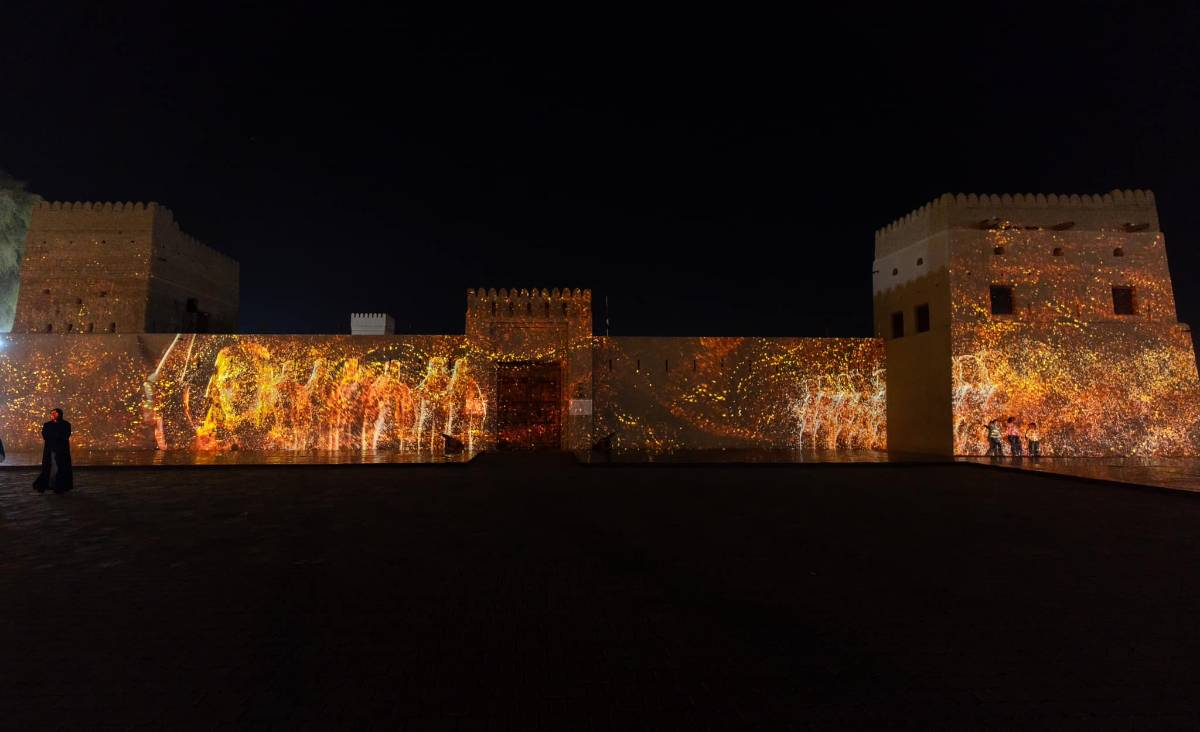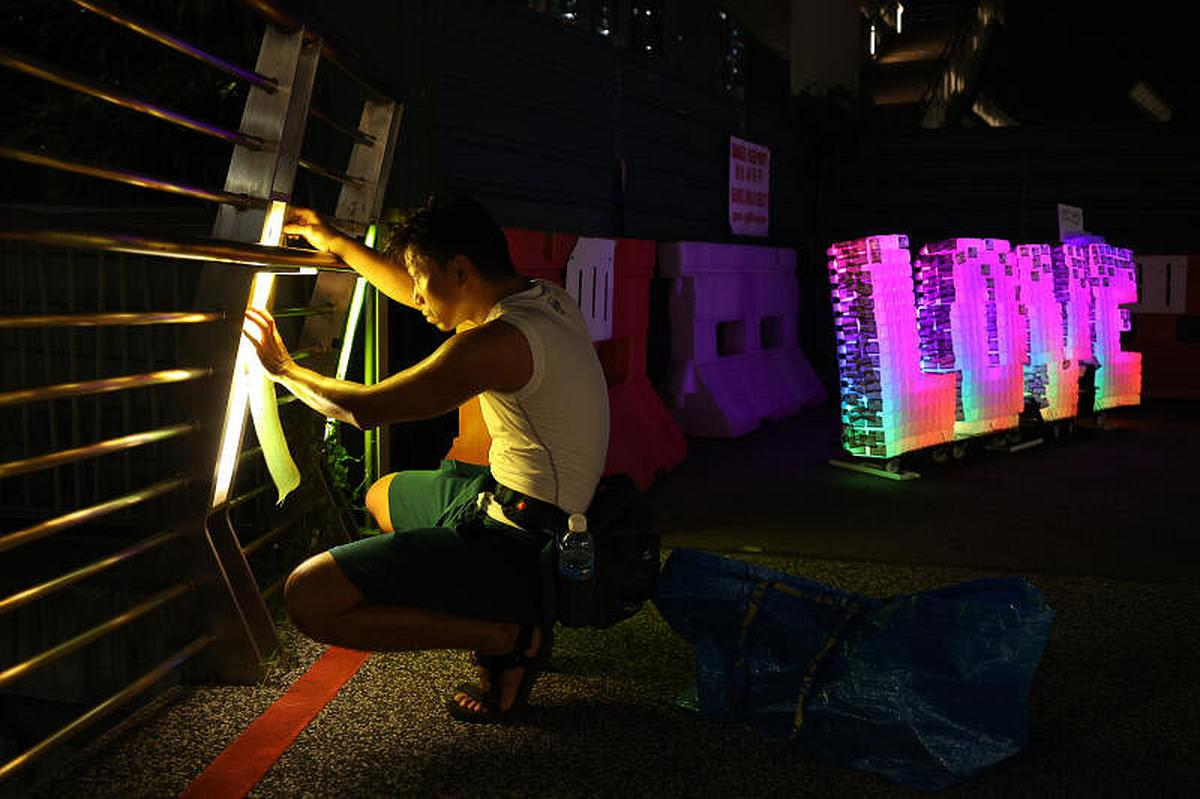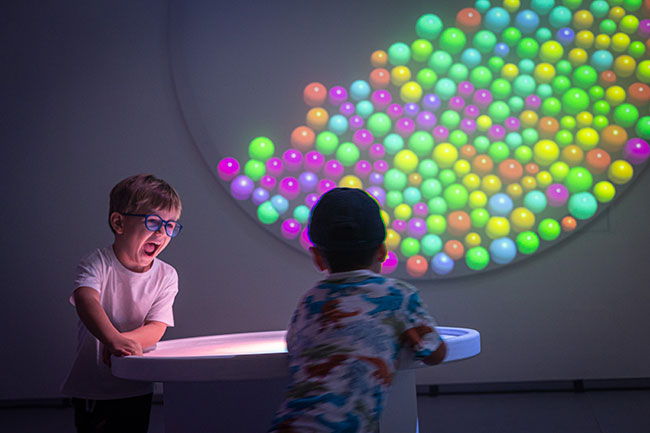Lighting has evolved far beyond a functional necessity. In today’s artistic world, it stands as a vital medium of cultural storytelling, mood expression, and spatial transformation. Nowhere is this more evident than in local arts festivals, where lighting becomes a core part of the community experience. But how can festival organizers and lighting designers work together to promote lighting not just as infrastructure, but as culture?
This article explores how lighting can be celebrated as a cultural element in local festivals and offers strategies to engage the community, elevate local talent, and inspire lasting creative growth.
Reframing Lighting as Cultural Language
Too often, lighting is seen solely as a technical support. However, lighting carries emotional and symbolic weight. It directs attention, amplifies meaning, and shapes memory. In the context of local arts festivals, lighting should be recognized as:
A narrative device, helping to tell local stories
A bridge between tradition and innovation, blending modern tech with cultural heritage
A catalyst for communal imagination, especially during evening performances and installations
When lighting is intentionally integrated into a festival’s theme, it can reinforce local identity while pushing artistic boundaries.
Telling Local Stories Through Light
Lighting can visualize the soul of a community — its myths, colors, rhythms, and architecture. Designers should consider:
Using color palettes based on local traditions (e.g., folk textiles, murals, seasonal tones)
Mapping projections onto heritage buildings, turning static history into dynamic storytelling
Lighting public sculptures and community spaces to create evening engagement
Incorporating input from cultural historians, artists, and even school children can yield authentic lighting concepts rooted in place.

Collaborating with Local Artists and Institutions
Festivals offer an ideal opportunity to bridge lighting professionals with local creative forces. Consider initiatives like:
Joint lighting installations with painters, sculptors, musicians, or dancers
Workshops or residencies where students learn the basics of theatrical or architectural lighting
Involving vocational schools or university arts departments in pre-production
These collaborations not only elevate the quality of festival visuals, but also cultivate local talent and awareness of lighting as an art form.

Creating Hands-On Experiences for the Public
To deepen public appreciation, festivals should go beyond “showing” light — they should let people interact with it.
Ideas include:
| Public Engagement Concept | Description |
|---|---|
| Interactive lighting zones | Let children and adults play with color, intensity, patterns |
| “Design your scene” booths | Visitors use small consoles to light a mini stage |
| Lighting art gallery walks | Map where unique lighting treatments exist throughout town |
| Behind-the-scenes tours | Offer insight into lighting rig setup and programming |
These experiences demystify lighting technology and position it as something magical, yet approachable.

Honoring Local Context and Heritage
Respecting the site and spirit of a place is crucial. Lighting for a local festival should not compete with its surroundings, but enhance them. Here are some principles:
Use warm whites or candle-like hues for historic districts
Apply low-glare or indirect lighting around cultural landmarks
Avoid over-lighting natural areas or religious sites
Blend modern aesthetics with motifs from folk traditions
By honoring context, designers earn trust and deepen the resonance of their work.
Lighting as Urban Memory
Many festivals leave no physical traces — but lighting lingers in memory. A well-lit evening performance in a town square can become an emotional anchor for a community.
To maximize long-term impact:
Document lighting events through photography and video
Invite community feedback about their favorite lighting moments
Encourage annual lighting themes or returning installations
Partner with municipalities to leave permanent artistic lighting after the festival
Lighting doesn’t have to disappear when the stage comes down. It can become part of a town’s night-time identity.

Building a Culture of Light
To promote lighting culture in the long term:
Launch annual lighting design competitions for young talent
Publish booklets or online archives of past lighting work in the festival
Offer training for local technicians in lighting setup and programming
Create partnerships with lighting brands for education and product demos
The goal is to foster a sustainable ecosystem where lighting is appreciated artistically, not just functionally.
Conclusion
Lighting is a living art. In local arts festivals, it has the power to connect history with innovation, artists with audiences, and communities with their environments. By promoting lighting culture — not just installing fixtures — festivals can spark creativity, inclusion, and pride. The more we light with intention, the more brightly our culture shines.
READ MORE:





Blue Sea Lighting is an enterprise with rich experience in the integration of industry and trade in stage lighting and stage special effects related equipment. Its products include moving head lights, par lights, wall washer lights, logo gobo projector lights, power distributor, stage effects such as electronic fireworks machines, snow machines, smoke bubble machines, and related accessories such as light clamps.
Quick Links
For more questions subscribe to our email








